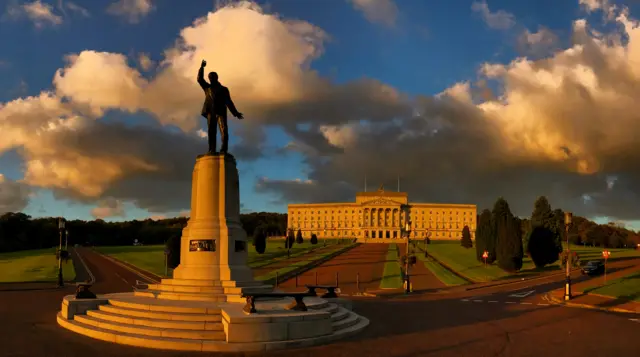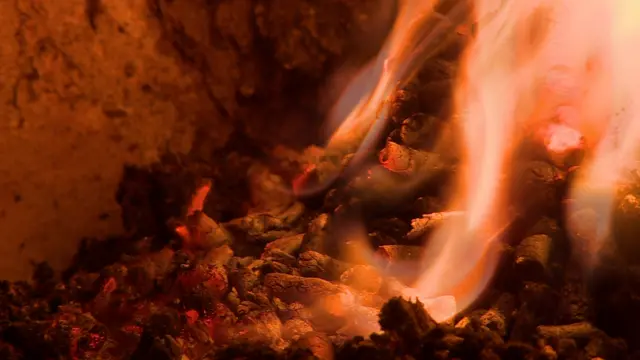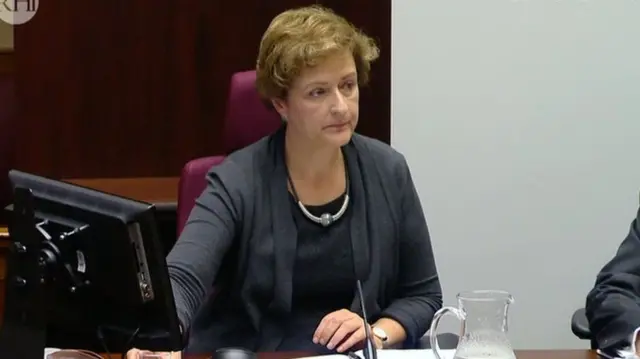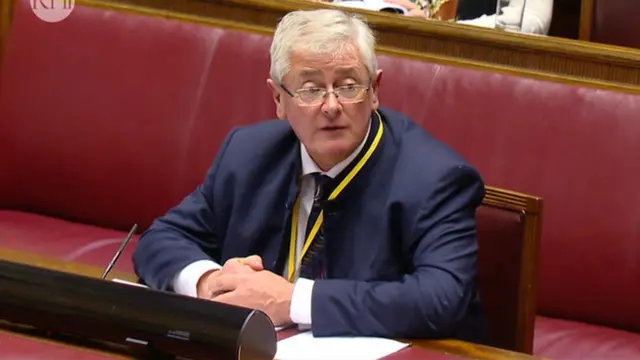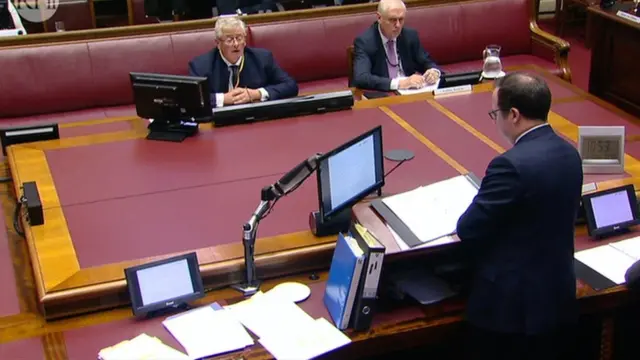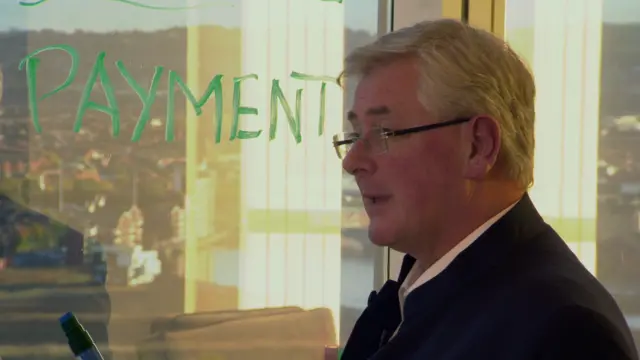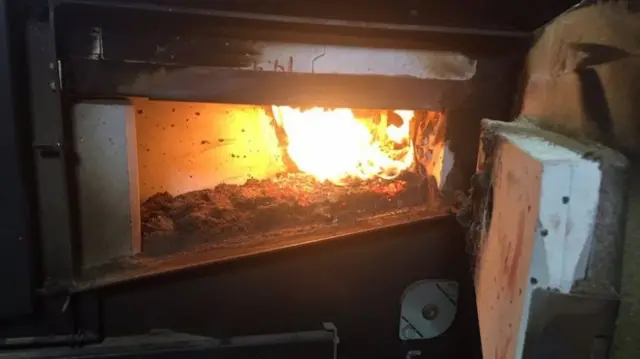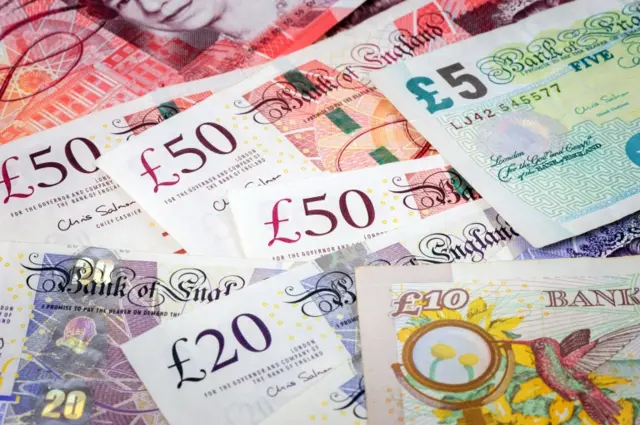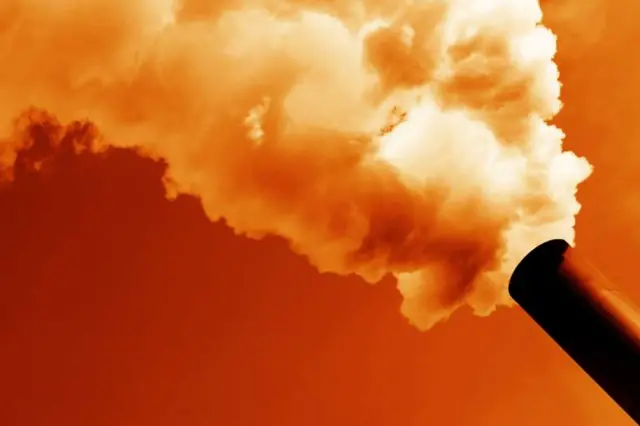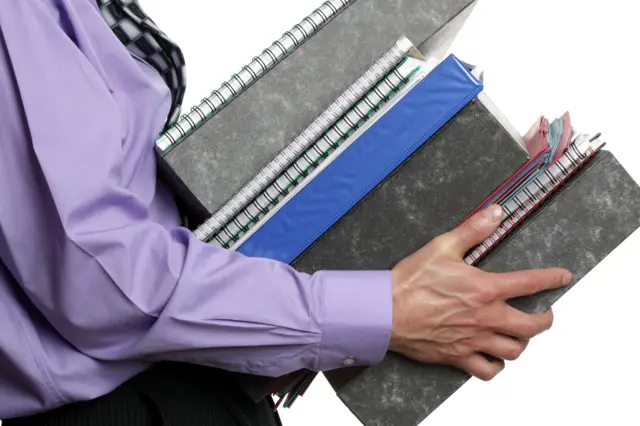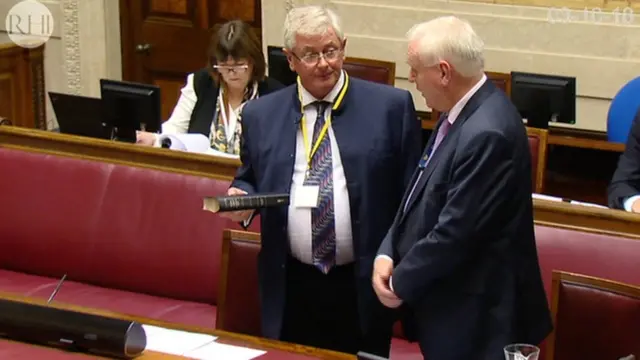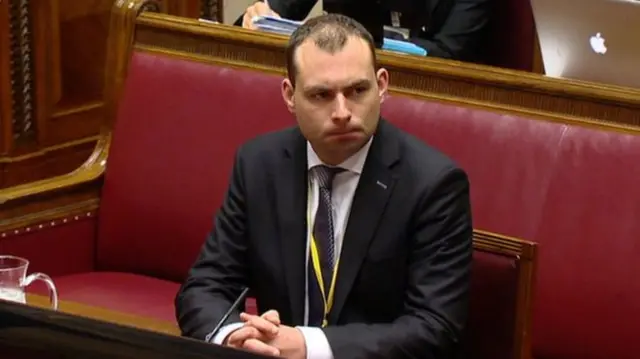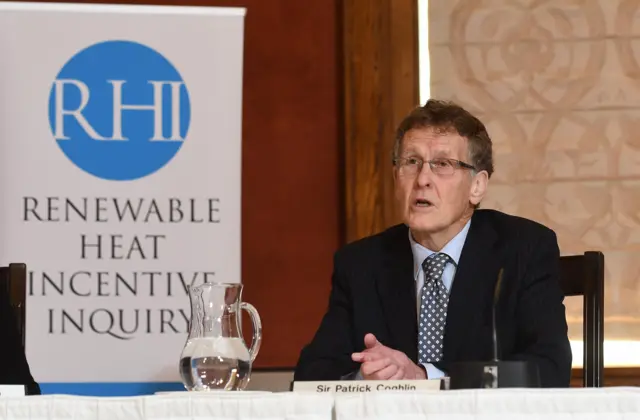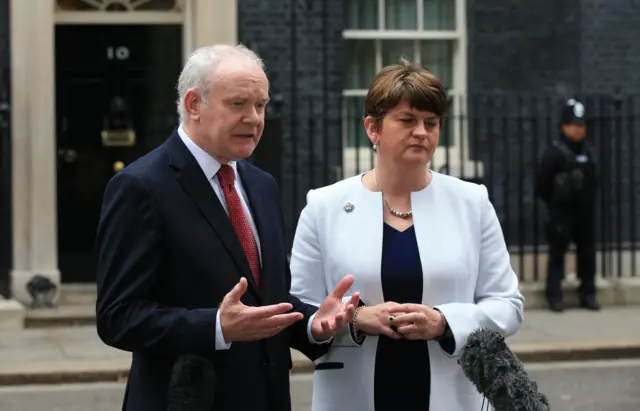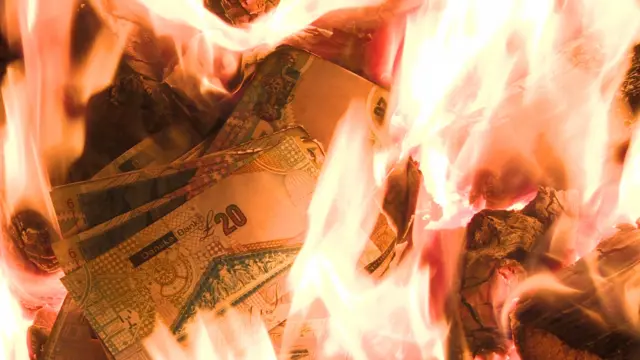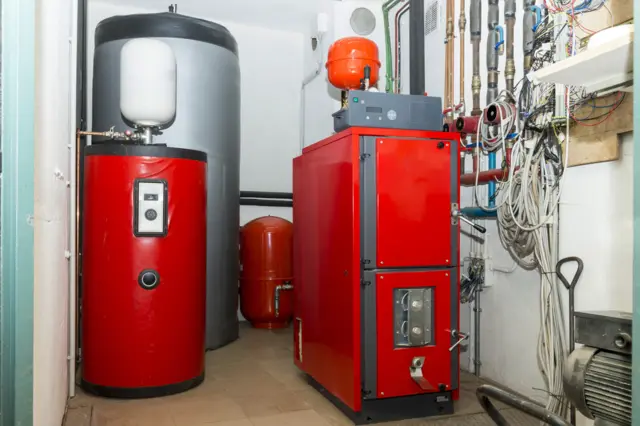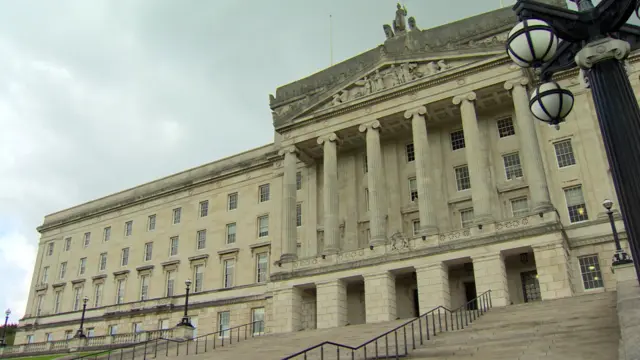'You drew fine line in advice on maximising RHI returns'published at 12:34 BST 3 October 2018
Michael Doran says there's a "difference" between "encouraging people to abuse" the RHI scheme and "making people aware" of how it was constructed.
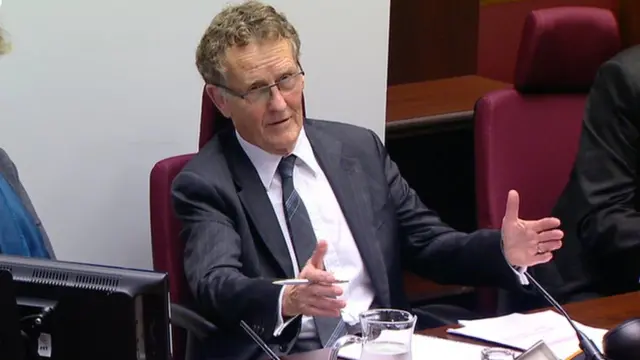 Image source, RHI Inquiry
Image source, RHI InquiryHe says that if Action Renewables wasn't pointing out the way in which the biggest returns could be generated from the initiative it would've "been failing in what we were supposed to be doing".
Inquiry chair Sir Patrick Coghlin says Action Renewables was drawing a "very, very fine line", especially when it was presenting itself as a charity.
